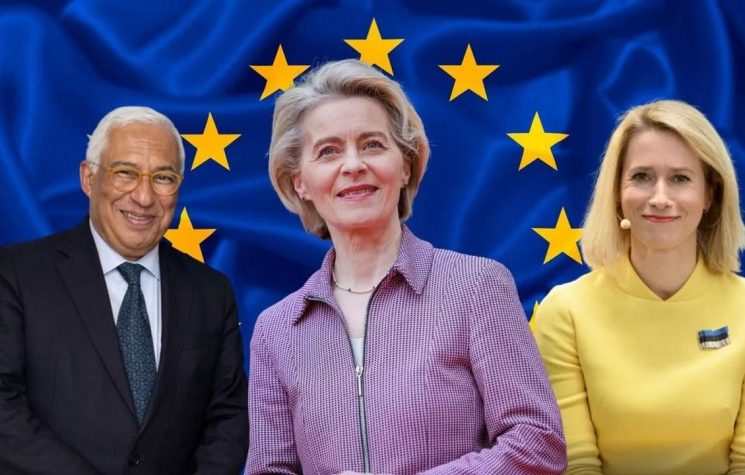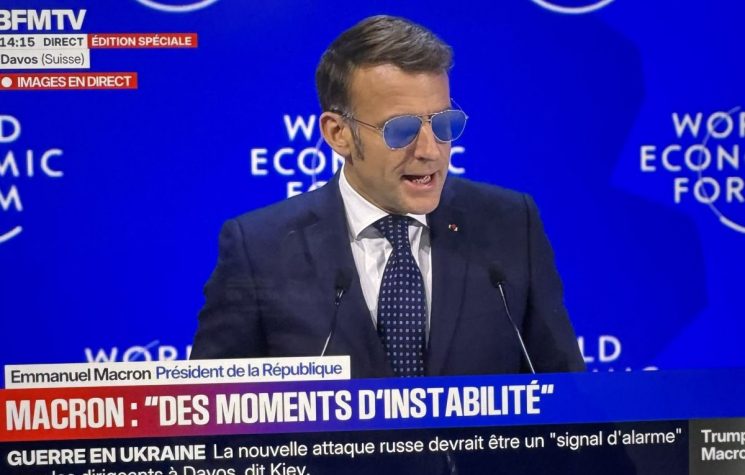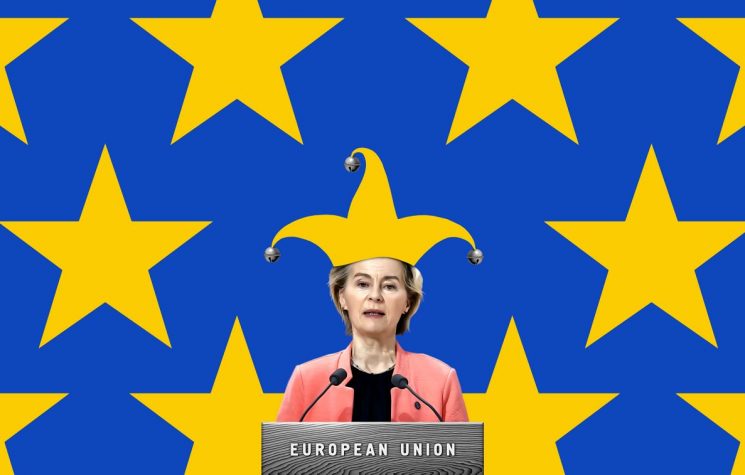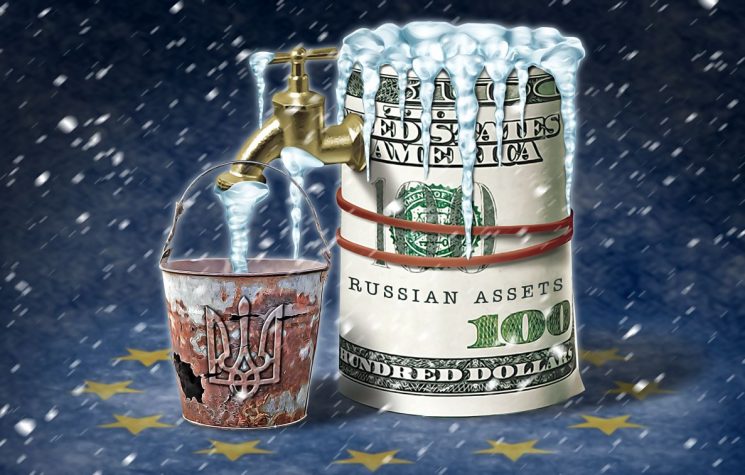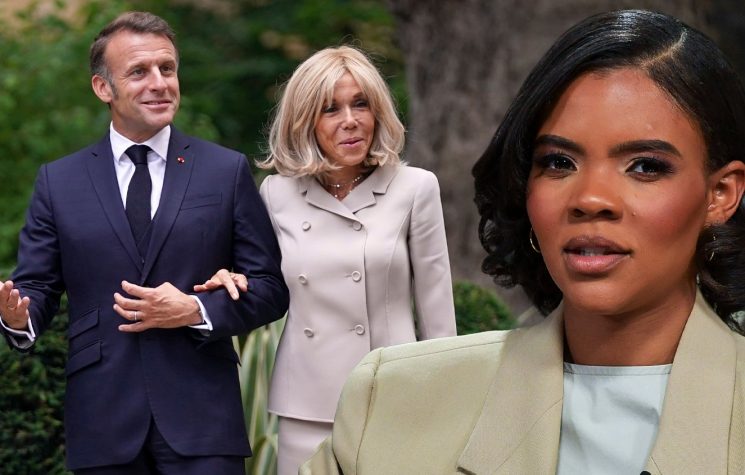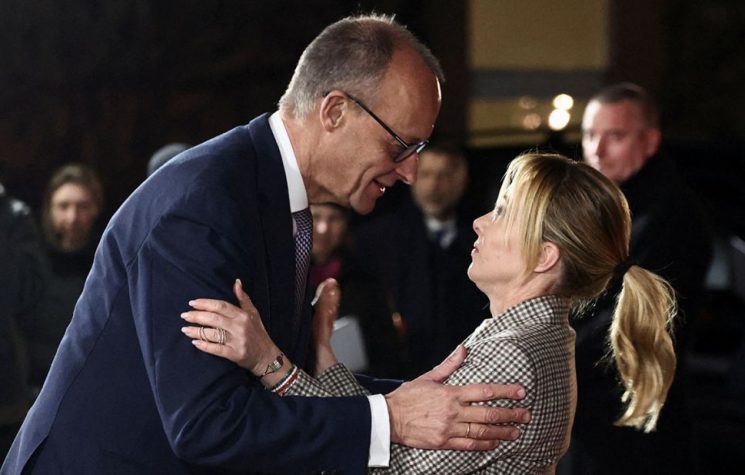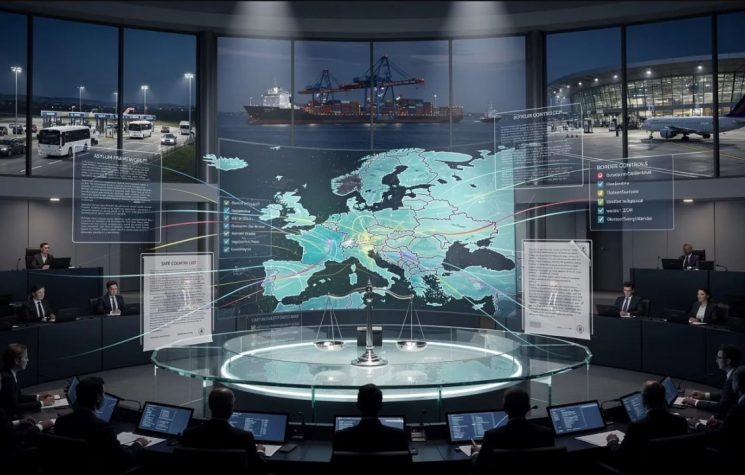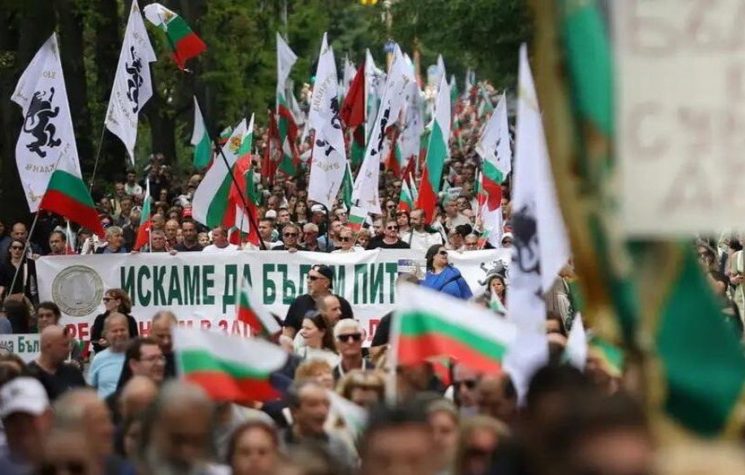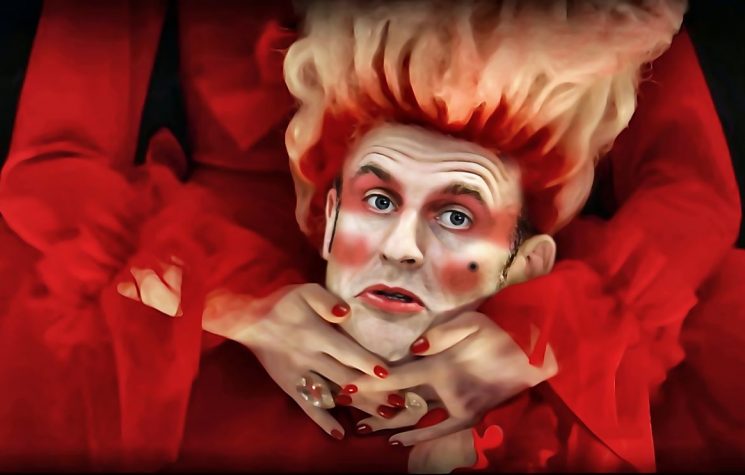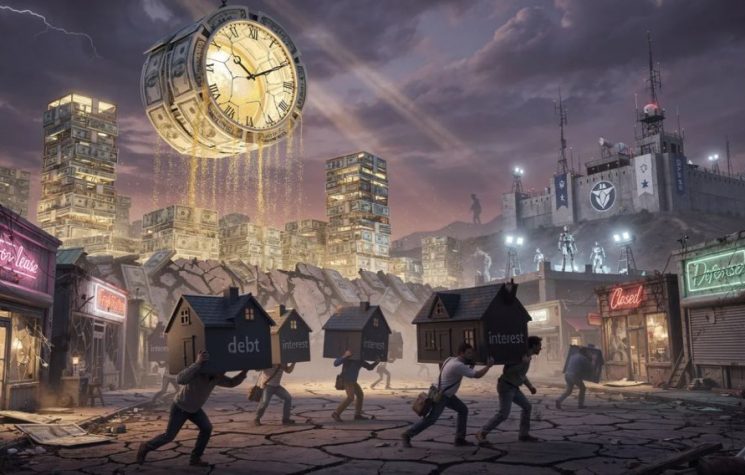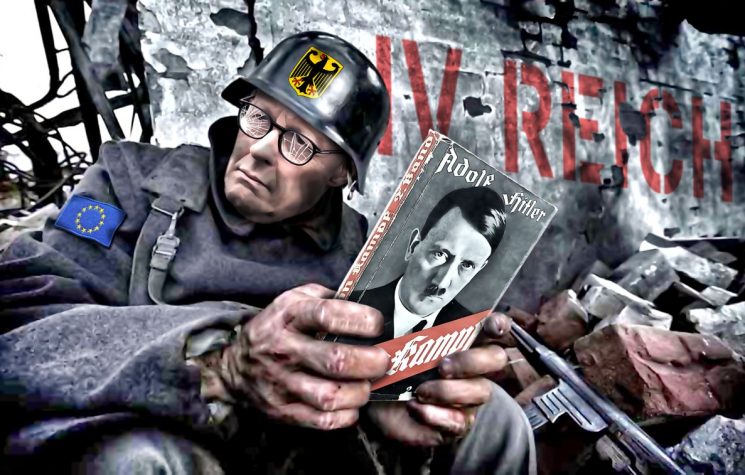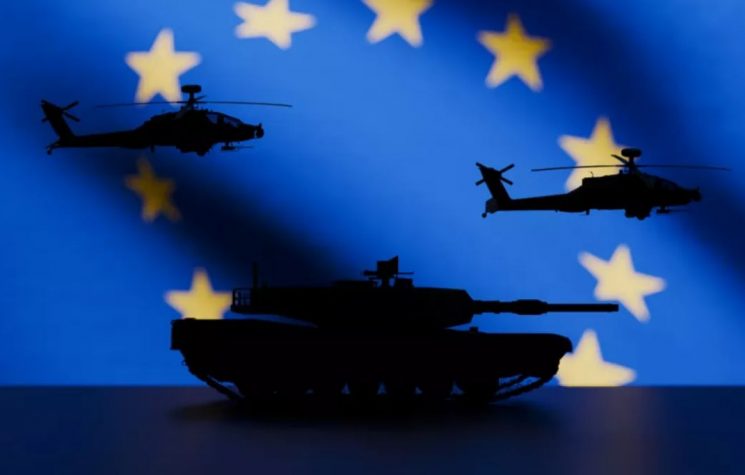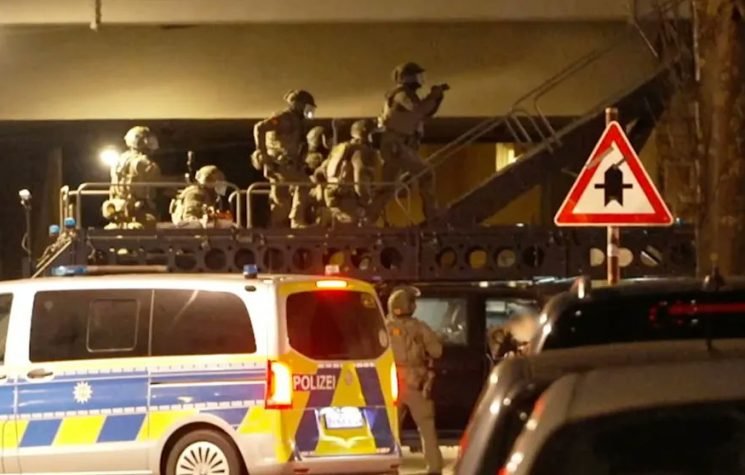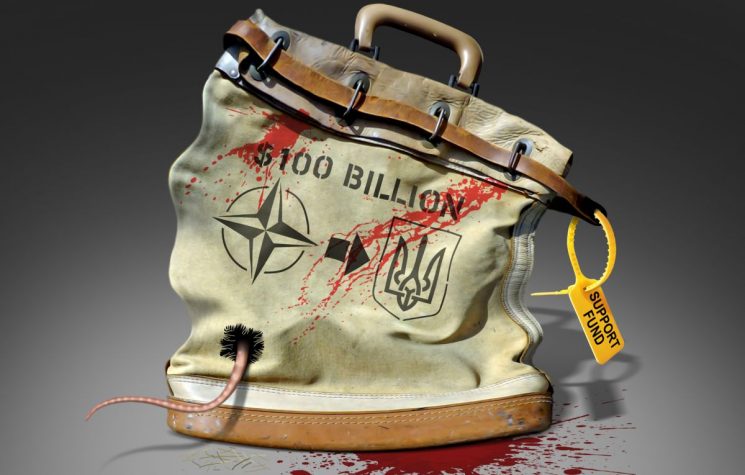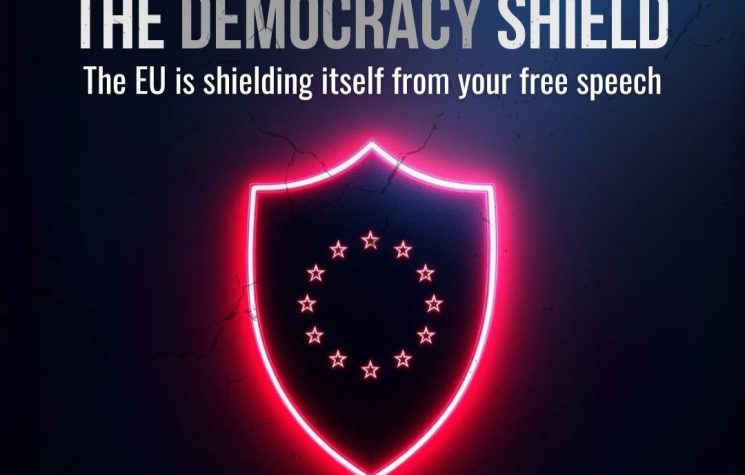The European Union won’t exist in 2040 if it continues to centralise powers at the expense of sovereign Member States.
Contact us: info@strategic-culture.su
The European Union won’t exist in 2040 if it continues to centralise powers at the expense of sovereign Member States. Europe needs to get back to the intergovernmentalism that made it successful or risk becoming less than the sum of its parts.
The European Union won the Nobel Peace Prize in 2012, because of its contribution to the advancement ‘of peace and reconciliation, democracy and human rights in Europe.’ At that time, four years after war in Georgia, I found this a political stunt.
However, I remained avowedly pro-European. Growing up as a child of a British soldier in Germany, I remember the border check points into Holland for weekend day trips, and a sense of countries divided by walls. This was a mere twenty five years after World War II had ended.
I also recall visiting different countries, from Spain, Italy, France and Austria and the feeling of excitement about their diversity in language, culture and cuisine. Living in Europe as a child, within a stable family, was an overwhelmingly enriching experience.
That’s why I think the biggest success of the European project was to break down barriers between nations and peoples. The 1957 Treaty of Rome, after all, ‘determined to lay the foundations of an ever-closer union among the peoples of Europe.’
While the UK was still a member of the EU, I always revelled in the feeling of being part of a wider community of European people, while retaining my distinctly British identity. Our differences as nations makes Europe such a vibrant continent. Efforts to homogenise can only take away its colour.
Allowing for the free movement of goods, services and investment throughout Europe had a transformative effect on relations between people and states. If you reach back in history, you’ll find countless examples of wars – including World War II – that emerged from the forced imposition of economic hardship, fewer, if any, that resulted from the removal of barriers between states.
Europe’s biggest achievements – the absence of wars that had plagued the continent for centuries – was also achieved through an intergovernmentalism that reduced barriers without diminishing too significantly, the sovereignty and national identity of Member States.
Community was achieved without communalism.
Today, the idea of ever-closer union of peoples has been kidnapped by those determined to establish Europe as a sovereign state. I see no circumstances in my lifetime in which this will happen.
The idea of an elected European President is mere fantasy. A French citizen would never vote for the President of Europe to be a German or, worse still, a Brit.
A European Army will never exist for the same reasons. No country would agree to give up control of their armed forces to an unelected official in Brussels.
Yet the contortions and disruption caused by a continued drive to centralisation, risks tearing the European Union apart.
The sole raison d’être of the European Union today appears to seek the strategic defeat of a neighbouring country – Russia – despite the enormous political and economic cost to European people who are denied a say through wall-to-wall propaganda.
Ever-greater centralisation of powers in Europe will inevitably leave Member States feeling disenfranchised by the removal of sovereignty and the attack on their identify. This will continue to drive political dissent and pressure for disintegration that we can already see in Germany, France, Hungary and other places.
In the past, the hum drum intergovernmentalism and focus on the lowest common denominator in policy prevented overreach by Brussels. Politicians and diplomats hated the ‘Brussels consensus’. Yet, Member States were free to manage their own countries, and the Commission wasn’t actively stoking conflict both within Europe itself and in neighbouring countries.
In the past, major changes to the role and functions of Europe’s Institutions were agreed through Treaties. An attempt to create a European Constitution was voted down by Dutch and French in referenda of 2005. The role of the European High Representative for Foreign Affairs and Security Policy was established by the Lisbon Treaty, but only after resistance from Irish voters was seen off with a second referendum.
The European Commission should always be accountable to Member States precisely because it is comprised on unelected officials, even if its six Presidents are afforded the status of Head of Government at international meetings.
Yet ever greater centralisation, inevitably, is leading to less accountability in Brussels. The role of a European Commissioner for Defence and Space – a role completely outside the scope of the founding vision of the European Economic Community – was set up with no new Treaty provision, following a recommendation by the Commission President. Ursula von der Leyen.
The Commission continues to promote the enlargement agenda, even though the costs of bringing in poor countries will drive discord in the richer, subsidizing countries.
The United Kingdom’s union of four countries resulted from centuries of war and conquest. That it remains intact requires a constant balancing act in which powers have been increasingly devolved to the constituent countries.
In Europe today, the flow is in reverse, with powers progressively taken away from Members. Brussels imposes rules on the rest and brooks no difference in the peripheral states.
This rejection of difference has led the European Commission into anti-democratic moves, including efforts to sponsor regime change in Georgia, rig elections in Moldova, and block non-preferred political candidates from office in Romania. Moves by Hungary and Slovakia to block war-aid to Ukraine, have been met by clarion calls, not only to change existing EU rules to bypass these countries, but to force them to comply. More broadly, lawfare has been used to bar Marine Le Pen from the next French Presidential Election.
For as long as I worked as a British Diplomat, the Institutions of Europe constantly pushed the boundaries of competence, to take small bites out of what was Member State competence. That process of centralisation has arguably accelerated by external factors including COVID and the Ukraine war.
For as long as Europe has been striving to grow and centralise, so economic growth has been on a slow decline, from the early sixties when it was almost 6% to today when it struggles to hit 1%.
Today, an increasingly neo-colonial relationship between Brussels and Member States is rendering Europe smaller than the sum of its parts. And, if this continues, the number of parts may progressively become smaller still, if countries choose to leave.
Europe needs to get back to the basics of economic, social and cultural collaboration both internally and with its neighbours. That would require a radical rethink of the institutions of Europe and Treaty change to reduce their size and powers, handing sovereignty back to Member States. Without that, I doubt that the European Union will still exist in 2040.













